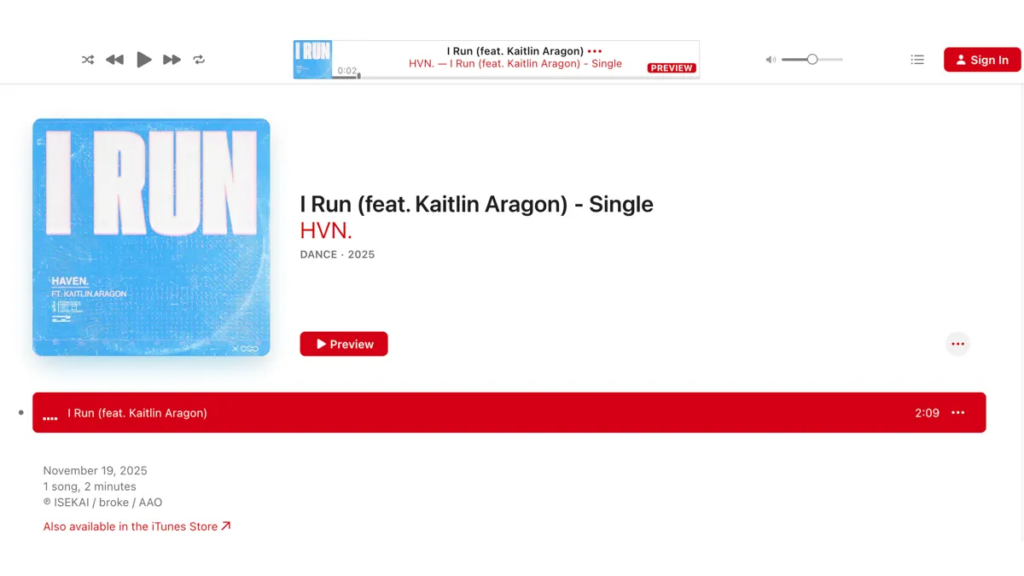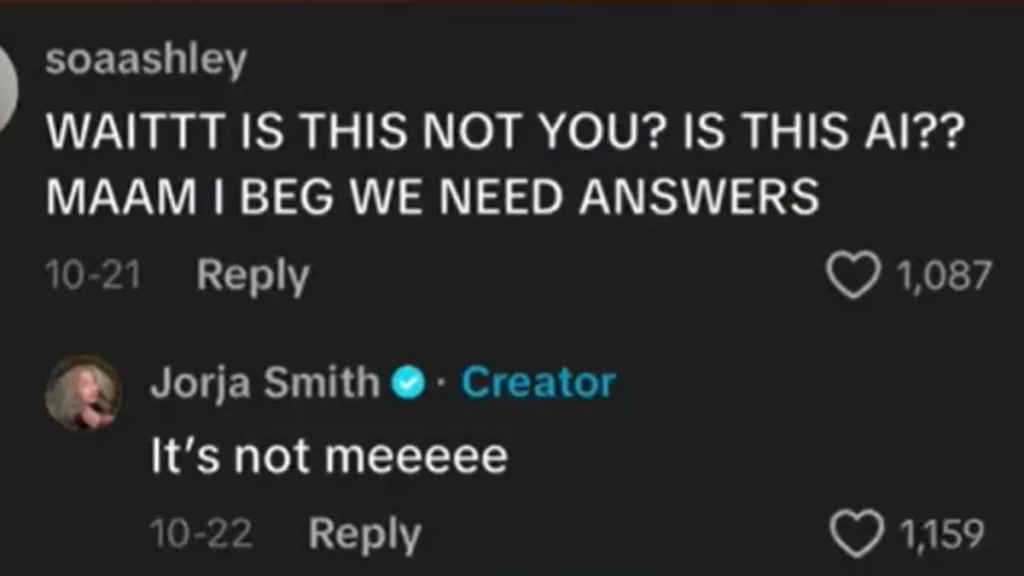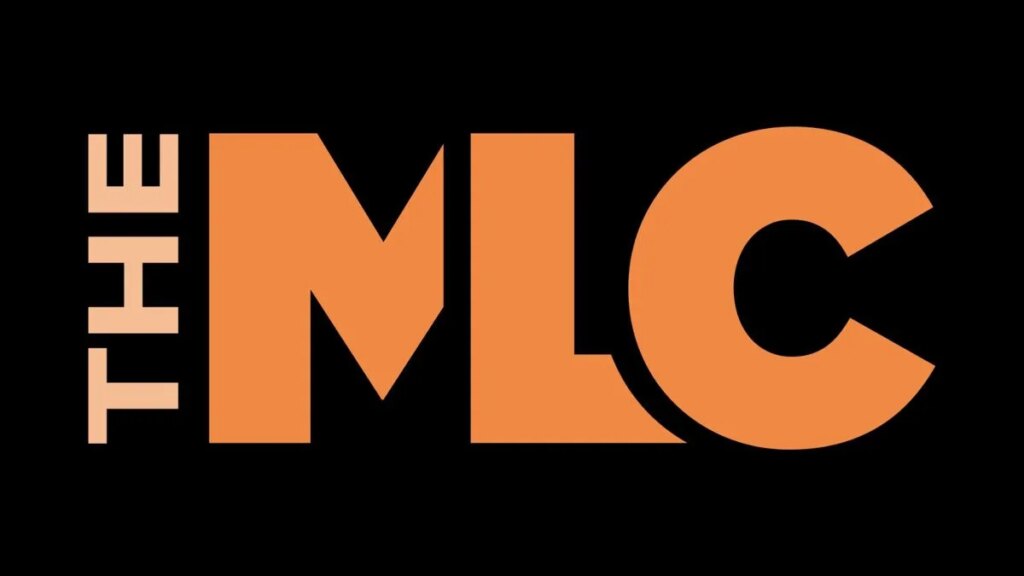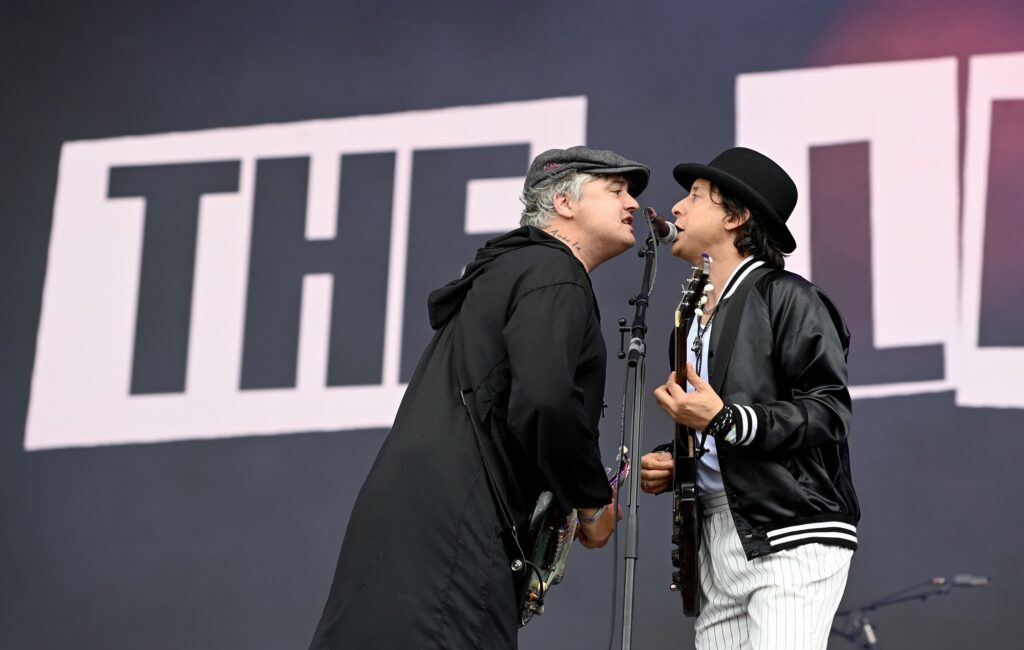‘I Run’ Suddenly Reappears on Spotify, Apple Music, YouTube After AI Controversy — But Where’s the Original Version?


Photo Credit: Apple Music
The year’s fastest-charting dance track is back with a new version featuring a different singer. But what happened to the original?
HAVEN.’s “I Run” has had an exciting few weeks, with early streaming success on Spotify leading to what many assumed would be a Hot 100 debut. But then the viral track disappeared from streaming services over allegations that the vocals were AI-generated. Now, the song is back with a new vocalist, but there’s more nuance to the controversy than meets the eye.
First, the original track’s vocals sounded remarkably like those of British singer-songwriter Jorja Smith, so fans naturally assumed she was involved. But Smith quickly denied any involvement.
Since then, the artists behind HAVEN.—Harrison Walker and Jacob Donaghue—shared a statement explaining that the song’s vocals were recorded by Walker and then made to sound female through the use of “AI-assisted vocal processing” using the controversial platform Suno.
“To set the record straight, the artists behind HAVEN. are real and human, and all we want to do is make great music for other humans,” reads a statement from HAVEN.
While they conceded the use of AI during the editing process, the duo said they did not reference Jorja Smith’s voice. But even if they didn’t do so deliberately, it’s hard to ignore the similarity to Smith’s voice, and Suno’s genAI model almost certainly referenced Smith’s voice through its training (meaning her voice was among those used to train the AI model).
As for “I Run” disappearing from DSPs and even the Billboard charts, amid dozens of takedown notices: the track was “withheld” from the Hot 100 and other charts over concerns of AI use and the potential copying of another artist’s voice. Both Spotify and Billboard have released statements explaining the reasoning behind their removal of the song and withholding it from the charts.
Meanwhile, a new version of “I Run” has appeared across DSPs, featuring a new vocalist. This version popped up after singer Kaitlin Aragon took to TikTok to release a nearly-identical cover version; since then, her vocals have been used to replace the original, while a “proper” new version using her vocals was reportedly in the works.
So, will the Kaitlin Aragon version have the same viral success? It’s hard to say. The original track has definitely been put through the wringer this week, and the controversy surrounding it could boost the success of the new version. But what does all of this mean for the artist?
On that question, HAVEN.’s label feels the song has been unnecessarily discriminated against by bigger industry players.
“HAVEN., an independent producer-songwriter who created a global breakout hit on his own, is the one being fully de-platformed through a sophisticated campaign by a major label,” said For Broke, the indie record label founded in 2023, to which HAVEN. is signed. “It is difficult to imagine this recording, if released by a major label, being treated in the same way as HAVEN.”
To wit, the song has become something of a water-cooler moment for the debate around the use of generative AI in creating music.
While many DSPs still do not have AI-specific policies in place, those that do—like Deezer and SoundCloud—only really take action on fully AI-generated “slop” tracks, not a song like “I Run,” which clearly contains significant human input.
Only time will tell if the new version of “I Run” will catch lightning in a bottle the way the original did.
Link to the source article – https://www.digitalmusicnews.com/2025/11/21/i-run-reappears-on-streaming-services/
-
Jump Right In The Instrumental Series For Baritone T.C. Book One$0,00 Buy product
-
Ashthorpe 30-inch Beginner Electric Guitar Kit with Amplifier (Black), Basic Starter Package w/Gig Bag, Strings, Strap, Picks$84,99 Buy product
-
Raptor EB38CO-TS 3/4 Size Kids Junior 4 String Electric P Bass Package, Tobacco-Burst with Gig Bag, Strap, Cable, Pick, 5 W amp, 38″ L$182,00 Buy product
-
Jensen JMPSW800 Amplified Subwoofer – 8″$205,95 Buy product
-
Vangoa Digital Piano 88 Key Full Size Weighted Hammer Action Home Digital Piano with Flip Key Cover and Furniture Stand, Power Adapter, Triple Pedals, Black$399,95 Buy product
-
Shreyas Bb Flat Brass Finish Echo Cornet With Free Case Box & Mouthpiece$187,21 Buy product












Responses